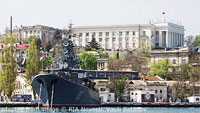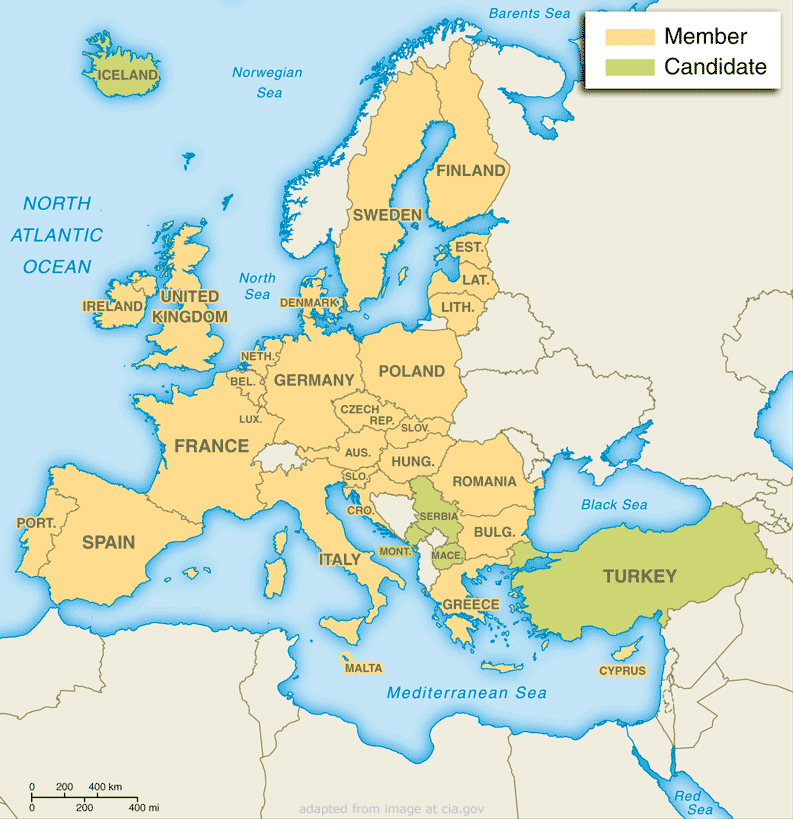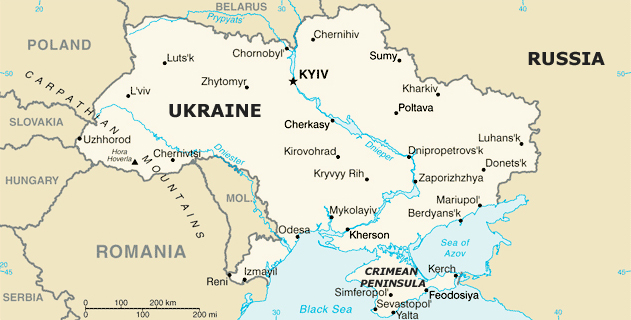EU sanctions against Russia unlikely absent significant escalation

(Business New Europe – bne.eu – Teneo Intelligence – March 3, 2014)
Despite the ratcheting-up of rhetoric by European countries regarding the events in Ukraine, it remains unlikely for now that the European Union (EU) will impose sanctions on Russia. Not only would a high degree of consensus among EU member states be required in order to approve them; what is more, some of the most powerful European countries, including Germany, remain opposed to imposing restrictive measures as they want to prevent any further escalation.
How EU sanctions work
The EU can impose sanctions (such as asset freezes, travel bans and export restrictions) by mandate of the Security Council of the United Nations or in its own right. Any member state and/or the High Representative of the Union for Foreign Affairs and Security Policy (Catherine Ashton) can propose restrictive measures on a specific third country. The final decision is taken by unanimity at the Foreign Affairs formation of the EU Council, composed of the ministers of foreign affairs of the 28 EU member states. This means that a high degree of consensus is needed in order for sanctions to be approved. The EU’s track-record shows that a number of restrictive measures on third countries were rejected or significantly diluted in the past because of the opposition of a single member state.
Germany in favour of mediation
Germany is the crucial European player in the Ukraine/Russia conundrum. This is partly because –despite an at times uneasy relationship with Moscow– Berlin has tried to play the role of a power broker between the Western alliance and Russia. Ever-closer economic ties between the two countries have further added to this. At the same time, the Berlin foreign-policy consensus maintains that Germany bears a special historical responsibility for the right of Central and East European nations such as Poland, the Czech Republic, and the Baltic States, to political self-determination. The German conviction is that this can only be achieved if Russia is treated as a potential partner in the region.
As of now, Berlin’s preference is therefore to prevent any further escalation and keep talking channels with Moscow open. The ultimate goal is to avoid a repetition of the Georgia crisis of 2008; German foreign policy-makers believe that back then, the suspension of the talks at the NATO-Russia Council only helped to worsen the situation. This conviction has only grown stronger with the involvement of the Social Democrats (SPD) and Foreign Minister Frank-Walter Steinmeier in the coalition. The SPD has since the heydays of the Cold War had a very pragmatic view on Russia and Eastern Europe, which is likely to continue shaping the response of the government. Specifically, Berlin favours a careful handling of the instrument of sanctions, given that as outright military conflict between Russia and the West is not in the cards, such targeted measures are effectively the severest punishment available to European policy-makers in the crisis.
In Brussels, the Germans are now facing the daunting task of balancing between the need to send a strong signal of condemnation to Moscow (not least in order to live up to expectations from Berlin’s Central and Eastern European partners) and the conviction that any further escalation would be counter-productive and dangerous. For now, the most likely outcome is some EU language stressing the real possibility of sanctions and potentially putting on hold talks on longer-term cooperation projects, while stopping short of actually imposing immediate restrictions on sensitive issues such as the mobility of capital, goods and people. From the German perspective, such a positioning would ideally send a strong yet constructive signal to Moscow in order to facilitate the launch of a contact group mediating between Russia, Ukraine, and the West.


